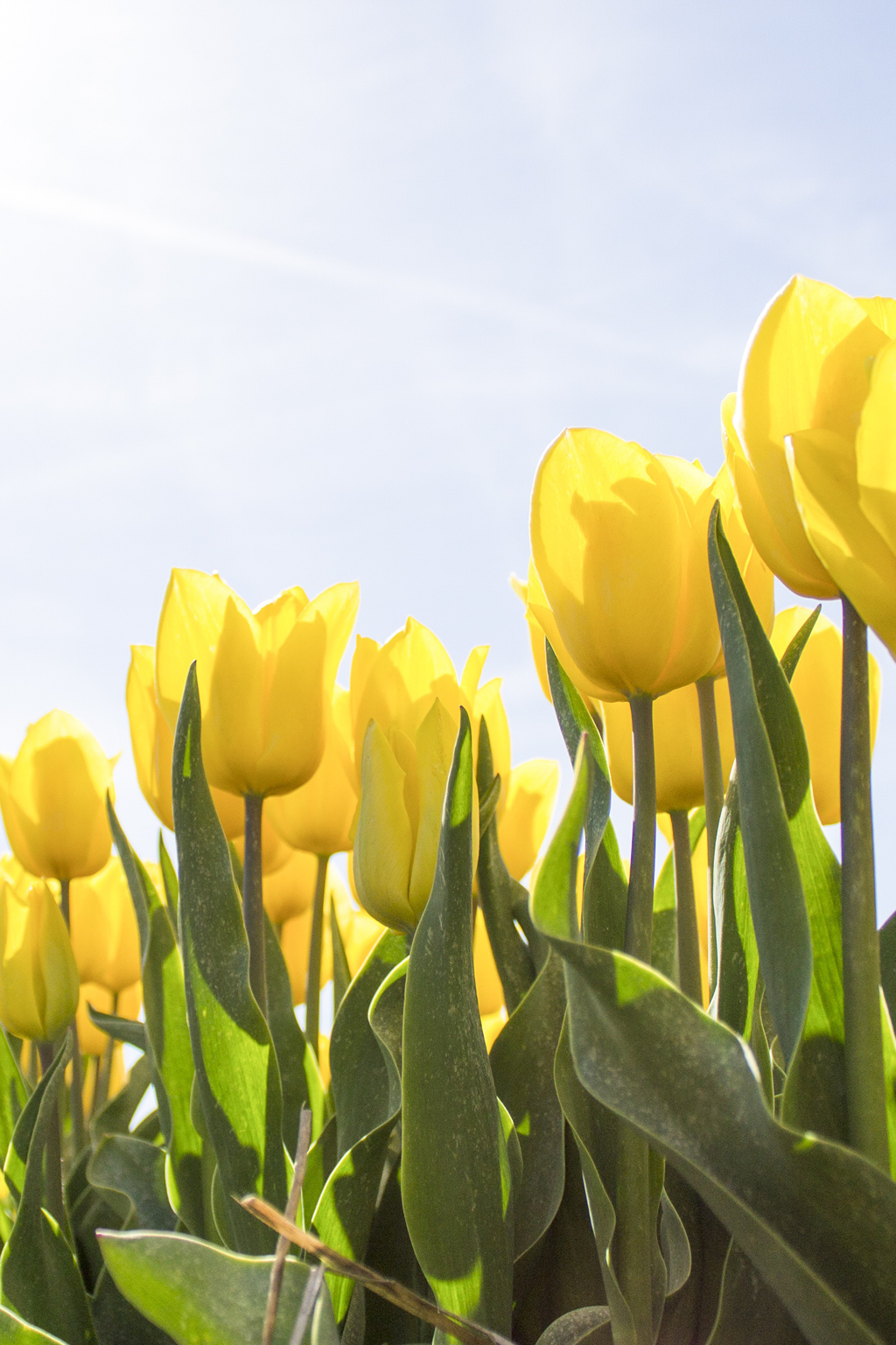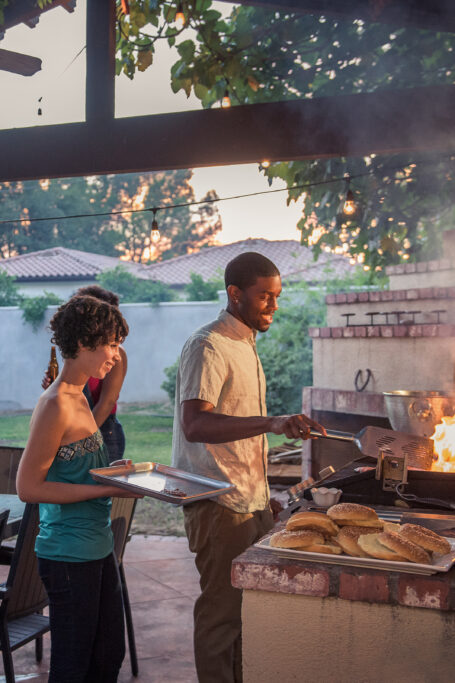5 Gardening Mistakes to Avoid
For some people, gardening can seem intimidating—but don’t be scared away! People often make some common, easy-to-fix mistakes when they give it a go with their green thumb, and getting started down the right path is easier than you think.
With some basic knowledge about these 5 gardening no-nos, you can quickly find yourself on your way to a successful, thriving garden.
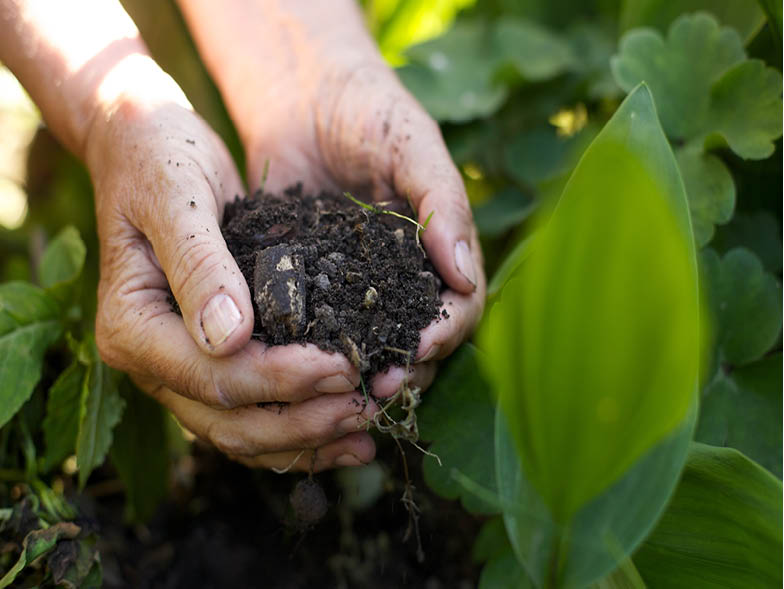
Not using quality soil
Good soil is the foundation for a successful garden. Before planting, put the effort into preparing the soil by removing weeds, turning the soil, and adding organic nutrients.
Quality soil should have the following:
- Composted tree bark
- Sphagnum peat moss
- Vermiculite or perlite
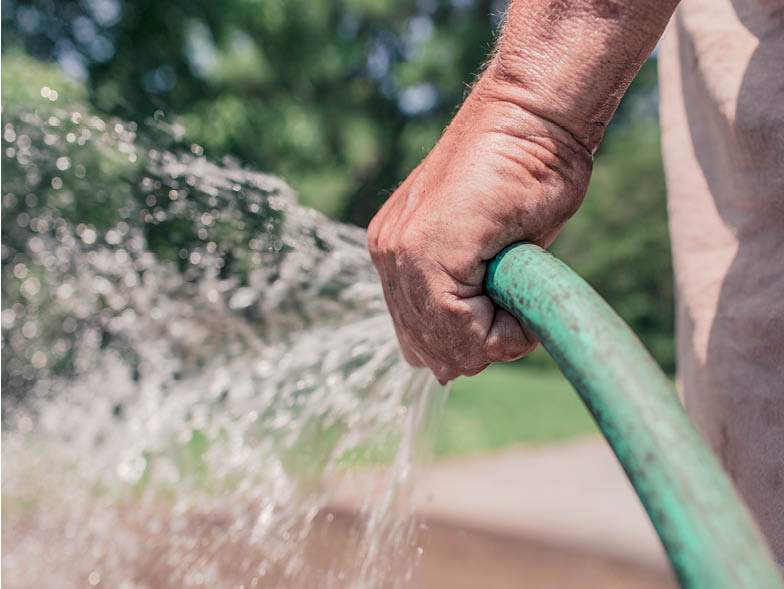
Overwatering or underwatering
Consistent, appropriate watering (following each plant’s specific hydration requirements) is the key to successful gardening. In general, too much water can cause root rot and fungus, while underwatering deprives plants of a much-needed element. Many plants thrive when the soil to dries out prior to watering—encouraging healthy root growth. Having proper soil drainage for plants in containers is also important, particularly if you tend to be an over-waterer.
As a guide for how much you should water your plant consider using a moisture meter, which you can purchase a relatively inexpensive one online or at your local home improvement store.
In general, plants thrive with damp top soil, so if you’re reaching for the watering can again while the top soil is still damp/soaked consider waiting a bit til its soaked in and drained the water more. On the other hand, if your soil looks dry (depending on the plant it can be ok) then water enough to see the top soil become saturated but not swimming in water.
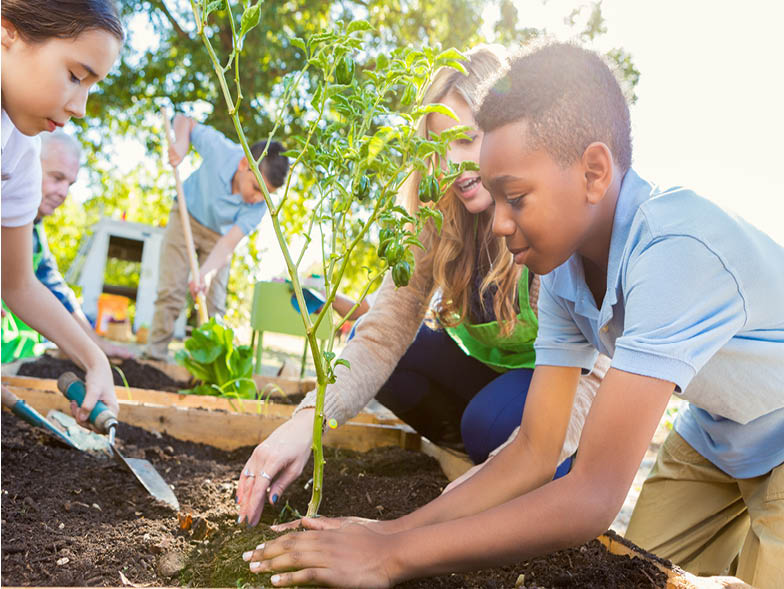
Not reading tags
Be sure to read the information tags that come with each plant, and choose the most suitable plants for the area in which you will be planting. Before shopping for plants, pay attention to how much sun your planting area gets each day, and then choose wisely!
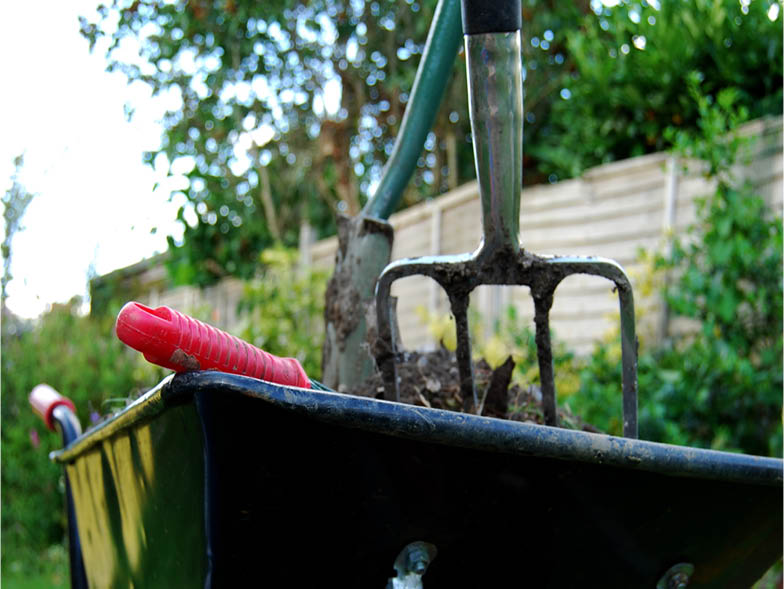
Not mulching
Mulching your garden provides so many benefits, it’s recommended if you’re able to. Mulching keeps roots cooler in the heat, retains moisture, helps prevent weeds (and reduces the time spent pulling them!), protects your soil from wind and hard rain, and provides a habitat for all the good organisms that improve your soil quality.
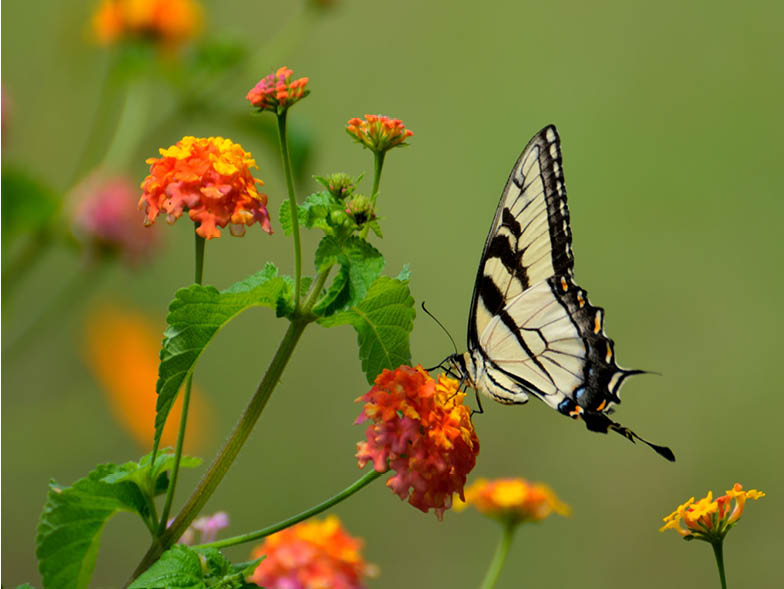
Ignoring pollinators
Did you know that many fruit and vegetables require pollinators in order to produce? Your harvest will improve greatly if you include some bee- and butterfly-attracting plants in your garden, such as butterfly bushes or goldenrods. However, avoid planting too many of these and starting a problem with too many bugs flying through your garden. If the garden is at your front porch area, you don’t want guests or your family to have to walk through bees to get in the door.
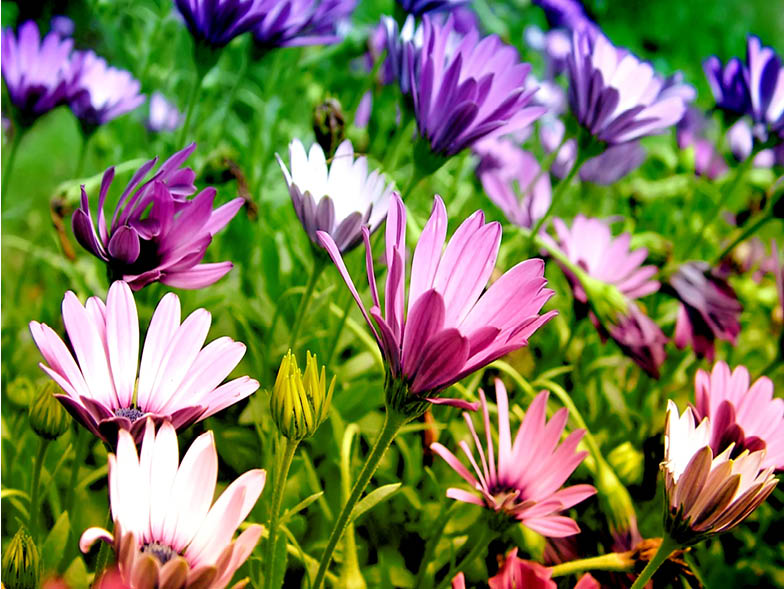
Much like a garden, your seeds of self-confidence need to be planted and nurtured so they take root. Use these tips, give yourself a little time, and you’ll find your gardening skills blooming as much as your plants!











